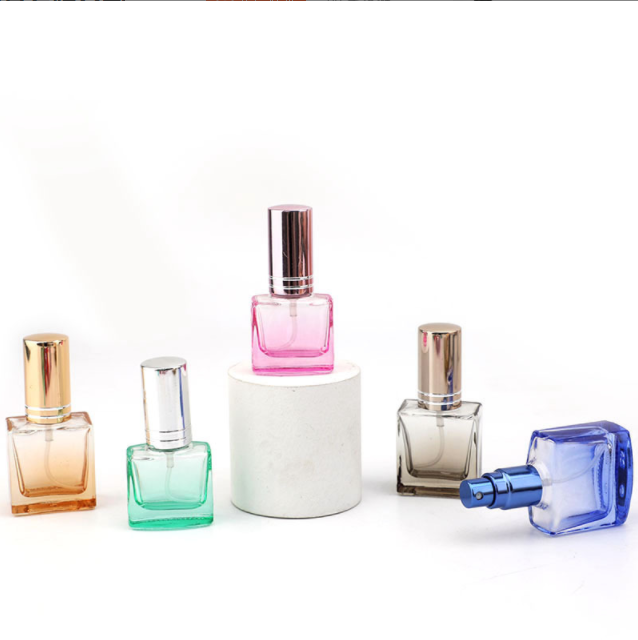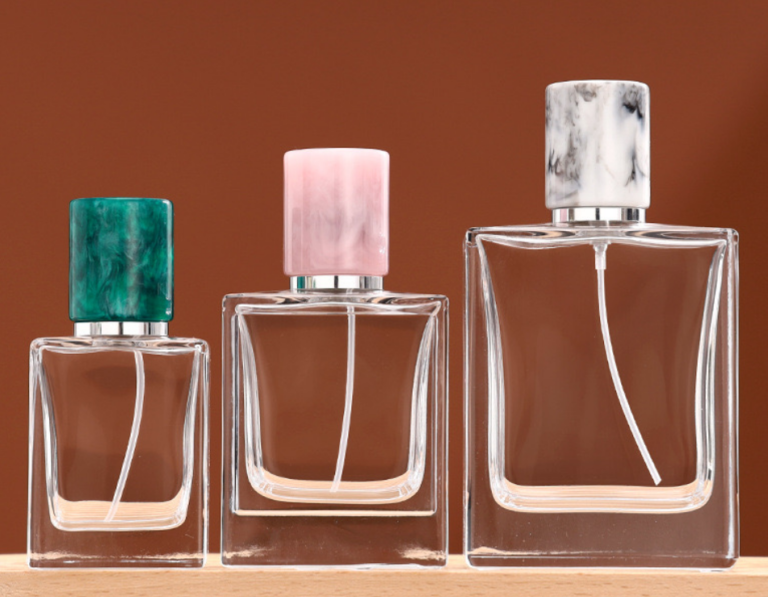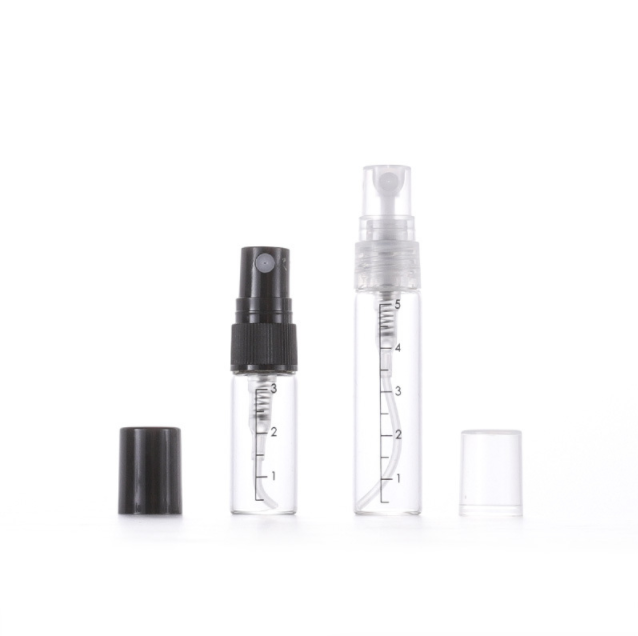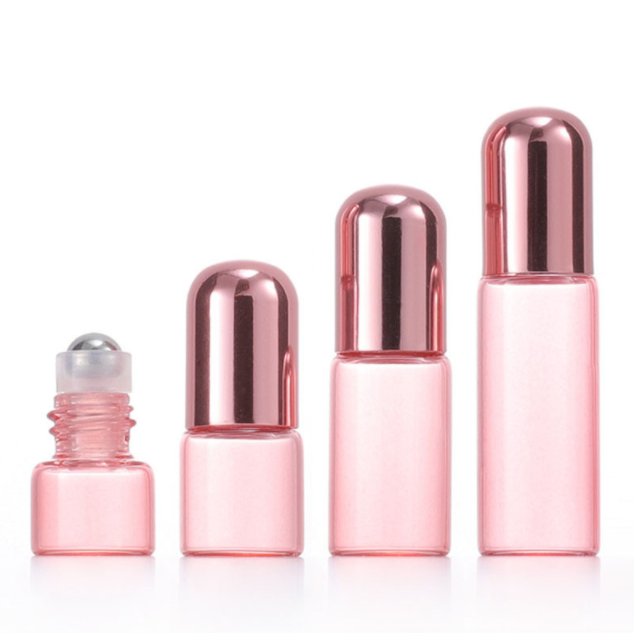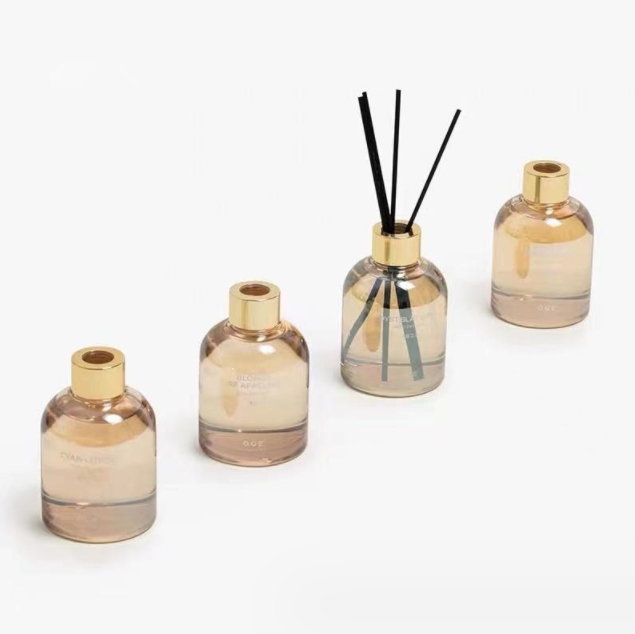Klaaspakendite eelised.
Glass packaging offers several advantages, making it a popular choice for a wide range of products. Here are some of the key advantages of glass packing:
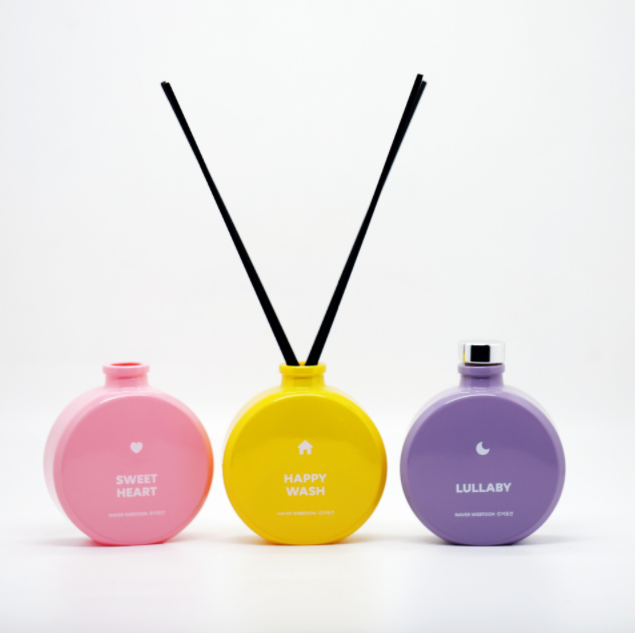
- Preservation of Product Quality: Glass is nonporous and impermeable, which means it does not interact with the contents inside. This property helps maintain the quality, taste, and freshness of the product, making it an excellent choice for food and beverages.
- Recyclability: Glass is highly recyclable, and it can be recycled endlessly without losing its quality or purity. This makes it an environmentally friendly packaging option, reducing the need for new raw materials.
- Chemical Inertness: Glass is chemically inert, meaning it does not react with the contents it holds. This is crucial for products like pharmaceuticals and chemicals, where maintaining the purity of the substance is essential.
- Transparency: Glass is transparent, allowing consumers to see the product inside. This is particularly advantageous for products like cosmetics and food, where visual appeal is essential for consumer choice.
- Barrier Properties: Glass provides an excellent barrier against oxygen, moisture, and other contaminants. This helps extend the shelf life of products, particularly those prone to oxidation or spoilage.
- Heat Resistance: Glass can withstand high temperatures without deforming or releasing harmful chemicals, making it suitable for products that require sterilization or hot filling.
- Aesthetic Appeal: Glass packaging is often associated with a premium, upscale image. It can enhance the perceived value of a product and attract consumers looking for quality items.
- Versatility: Glass can be molded into various shapes and sizes, making it suitable for a wide range of products, from small perfume bottles to large beverage containers.
- Brand Loyalty: Many consumers prefer glass packaging for certain products due to its premium look and feel. Using glass can help build brand loyalty and attract discerning customers.
- UV Protection: Amber and other colored glass varieties provide UV protection, which is essential for products sensitive to light, such as certain beverages, medicines, and skincare products.
- Longevity: Glass has a long lifespan, and it doesn’t deteriorate or degrade over time. This means that products stored in glass containers can remain safe and of high quality for extended periods.
- Safety: Glass is considered a safe packaging material because it is non-toxic and does not release harmful chemicals into the contents, making it suitable for food, beverages, and pharmaceuticals.
While glass packaging offers these advantages, it also has some drawbacks, such as being heavier and more fragile than some alternative materials like plastic. The choice of packaging material depends on the specific needs of the product and the preferences of the manufacturer and consumers.


